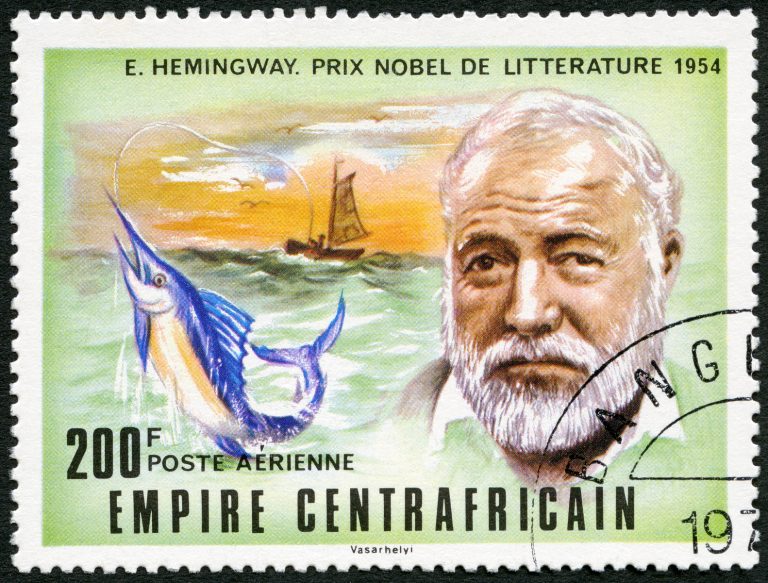
Oxymoron is a phrase or sentence that contradicts itself or at least seems to.
As with many word plays in English, oxymorons (oxymora is the grammatically precise plural form) are used to create a variety of effects.
They can add a touch of colour or humour, drama or mystery to writing or speech. In the business environment, they should be used with care.
Many of them have become clichés, over-used words and phrases that suggest the writer or speaker is a lazy thinker.
There are hundreds of oxymorons in regular use. Some are witty, some make you think differently about commonplace objects or behaviour and some make no sense at all.
Here are some of the more popular, with a brief explanation of what makes them oxymorons:
No one goes to that restaurant anymore, it’s always too crowded. If no one goes there, how can it be overcrowded?
Take the early train, it’s the only choice. If it’s the only one to choose, there’s no choice to be made.
I’ll call you back with an exact estimate. Estimates are intended to be approximate, that’s their purpose.
When she walked into the meeting room there was a deafening silence. You cannot be deafened by a lack of noise only by a surplus of it.
Arrange them in random order. Things can be arranged in order or randomly, not both.
Make sure you give me an original copy of that document. A copy can’t be an original. If several originals have been printed, the correct description is an original version.
She resigned this morning. Her unhappiness has been an open secret for months. A secret is held closely by one or a very limited number of people, so it cannot be described as open or generally known.
When writing your management presentation, always remember that less is more. Less what, more what? For this to make sense, you have to be clear about what you’re quantifying. You could say: If you include less of the detailed financial analysis in your management presentation, there’s more chance they’ll understand the overall strategy.
Some oxymorons can, without any help, communicate clearly. One of our favourites is: It’s never too late to have a happy childhood.
The picture these words create of adults enjoying themselves with the glee and lack of self-awareness that may not have come naturally to them as children is both amusing and inspiring.
If you liked, then please subscribe to our YouTube Channel for video content. You can also find us on Twitter, Facebook, Instagram and Linkedin.




